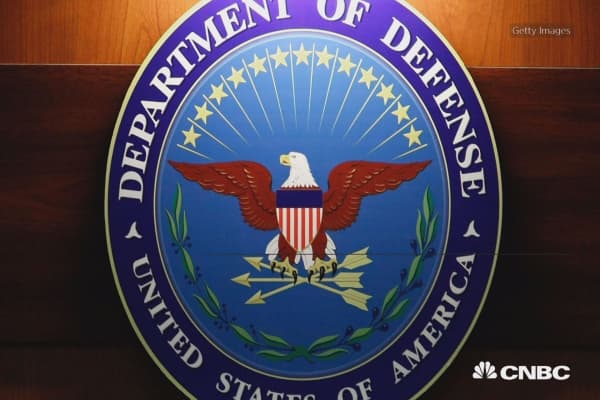Amanda Macias
 America's top nuclear commander said the U.S. doesn't have defenses against hypersonic weapons. "Both Russia and China are aggressively pursuing hypersonic capabilities," said Gen. John Hyten, commander of U.S. Strategic Command. Earlier this month, Russia announced a slew of new nuclear weapons as well as hypersonic missiles. America's top nuclear commander described a grim scenario for U.S. forces facing off against a new breed of high-speed weapons that Russia and China are developing. "We don't have any defense that could deny the employment of such a weapon against us," Air Force Gen. John Hyten, commander of U.S. Strategic Command, told the Senate Armed Services Committee on Tuesday. This means that, as of now, the U.S. has to rely on deterrence against these so-called hypersonic weapons, he said.
America's top nuclear commander said the U.S. doesn't have defenses against hypersonic weapons. "Both Russia and China are aggressively pursuing hypersonic capabilities," said Gen. John Hyten, commander of U.S. Strategic Command. Earlier this month, Russia announced a slew of new nuclear weapons as well as hypersonic missiles. America's top nuclear commander described a grim scenario for U.S. forces facing off against a new breed of high-speed weapons that Russia and China are developing. "We don't have any defense that could deny the employment of such a weapon against us," Air Force Gen. John Hyten, commander of U.S. Strategic Command, told the Senate Armed Services Committee on Tuesday. This means that, as of now, the U.S. has to rely on deterrence against these so-called hypersonic weapons, he said.









